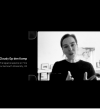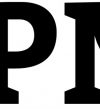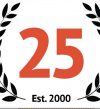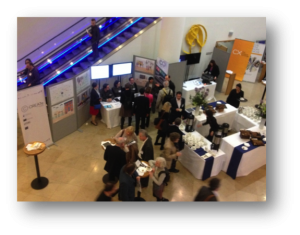 The Centre for Intellectual Property Policy and Management (CIPPM) together with CREATe, University of Glasgow launched the Copyrightuser.org at The Arts and Humanities Research Council (AHRC) Creative Economy Showcase.
The Centre for Intellectual Property Policy and Management (CIPPM) together with CREATe, University of Glasgow launched the Copyrightuser.org at The Arts and Humanities Research Council (AHRC) Creative Economy Showcase.
The event was held at Kings Place, London, on Wednesday 12th March 2014. The Showcase demonstrated the outputs and innovations of AHRC investments in the Creative Economy through presentations, workshops and exhibitions. The sectors exhibited on the day, included fashion, design, video games, architecture, broadcasting, archives, digital technologies and dance.
Amongst the various funded initiatives showcased on the day, Copyrightuser.org held a prominent exhibition stand and exhibited the website which was complemented by large posters, bookmarks and myth/reality cards (illustrated below) which explained the most common myths about copyright.
This high-profile event was attended by over 450 delegates and included policy-makers, business leaders in the creative industries, knowledge exchange practitioners, directors of research in universities, senior representatives from partner organisations in the Creative Economy, other strategic funding agencies in the sector, representatives from the AHRC’s investments in the Creative Economy and other stakeholders.
Keynote speakers included amongst others Sebastian Conran (Designer), the Hon David Willetts (Minister of State for Universities and Science), Ed Vaizey MP (Minister for Culture, Communications and Creative Industries) and Professor Rick Rylance (CEO, AHRC).
Highlights from the day can be streamed here.
Copyrightuser.org was funded by the BU Fusion Investment Fund in 2012 and was developed by the Business School’s Centre for Intellectual Property Policy and Management (CIPPM) in collaboration with Centre for Excellence in Media Practice (CEMP).
Following the success of the Fusion Funded project, the CIPPM-led team went on to secure RCUK funding provided by CREATe in August 2013 to extend the scope of the project. Phase II of the copyrightuser.org is now underway.
The online resource aims to make UK copyright law accessible to creators and members of the public. This 1-minute video captures the concept behind the Copyrightuser.org project.
Using quantitative and qualitative methods the site aims to provide answers to the most pressing concerns that creators and the public have about copyright law. To achieve these aims, interviews with creators where conducted and a video for each creative sector was produced demonstrating their thoughts and questions about copyright, see the musicians video here for example. Secondly, 200 frequently asked questions posted by users online were sourced, analysed and coded down to the 20 most common.
The Copyrightuser.org has so far received a welcome response as evidenced by the feedback received.
During the launch, the website received 232 visits; and has now received over 1,558 visits to date.
To keep up with the Copyrightuser.org developments, please visit @copyrightuser
The copyrightuser.org team consists of:
Dr. Dinusha Mendis (Principal Investigator & Co-Director CIPPM)
Mr. Bartolomeo Meletti (Lead Multimedia Producer and CIPPM Research Assistant)
Ms. Hayleigh Bosher (PhD Candidate (Copyright) and CIPPM Research Assistant)
Professor Martin Kretschmer (Principal Investigator & Director CREATe)
Dr. Kris Erickson (Co-Investigator, CREATe).
The team is further assisted by a Production Team consisting of Marco Bagni, Sar:co, Davide Bonazzi amongst others and an Editorial Board consisting of Professor Maurizio Borghi (Director, CIPPM); Professor Ruth Towse (Co-Director, CIPPM); and Professor Ronan Deazley (Professor of Copyright Law, University of Glasgow) amongst others.
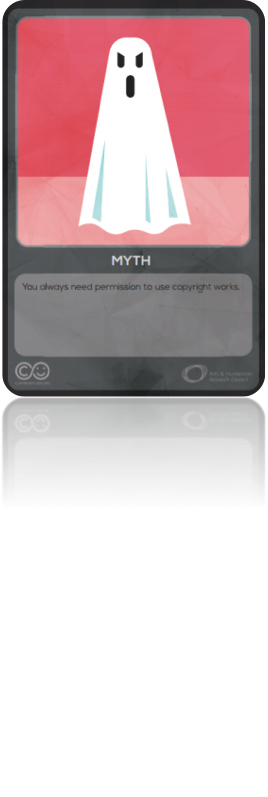
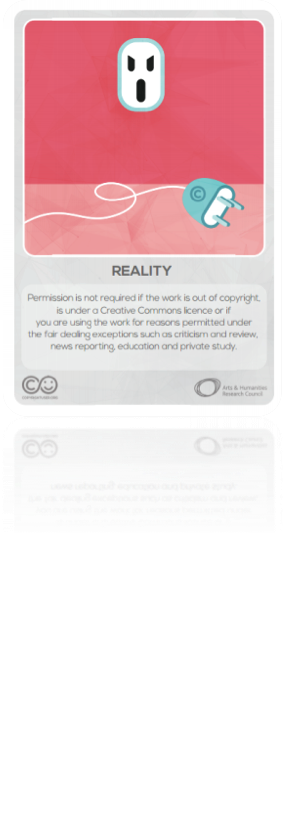 Myth: You always need permission to use copyright works
Myth: You always need permission to use copyright works
Reality: Permission is not required if the work is out of copyright, is under a Creative Commons licence or if you are using the work for reasons permitted under the fair dealing exceptions such as criticism and review, news reporting, education and private study.

